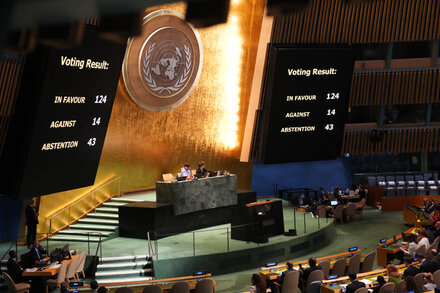
WASHINGTON – The Supreme Court has, for the time being, declined Google’s request to halt significant changes to its Play Store, an order stemming from a landmark antitrust case. The decision means that a lower court’s mandate requiring Google to allow app developers to offer alternative payment processing systems will proceed, at least while the tech giant continues its appeals process.
The high court’s refusal to grant a stay means that Google must begin implementing the changes ordered by U.S. District Judge James Donato in California. These modifications are a direct consequence of the antitrust lawsuit brought by Epic Games, the maker of the popular game Fortnite, which challenged Google’s app store policies as anti-competitive.
Google had sought to block these changes, arguing that implementing them now would cause irreversible harm to its business model and operational integrity while its primary appeal against the antitrust ruling is still pending. The company has consistently defended its Play Store fees and policies as necessary to maintain the platform’s security, privacy, and innovation.
The original December 2023 verdict found that Google had maintained an illegal monopoly through its app store and payment practices, particularly concerning in-app purchases. Judge Donato’s subsequent injunction aimed to break this monopoly by mandating that Google allow developers to communicate directly with users about alternative payment options and to integrate third-party billing systems.
Implications for the App Ecosystem
This Supreme Court decision is a significant procedural victory for app developers and advocates for greater competition in the digital marketplace. It could pave the way for developers to potentially bypass Google’s standard 15-30% commission on digital sales, leading to lower costs for consumers or increased revenue for creators. The immediate impact will be observed as Google adjusts its Play Store policies to comply with the injunction.
For Google, the ruling necessitates substantial adjustments to a core revenue stream. The company’s legal battles against antitrust claims regarding its app store practices are ongoing, with a separate case also brought by states attorneys general. The Supreme Court’s current decision addresses only the request for a temporary halt, not the merits of Google’s underlying appeal against the antitrust verdict.
The legal landscape for major technology companies remains highly scrutinized, with courts and regulators worldwide examining their market dominance. This latest development underscores the sustained pressure on platforms to open up their ecosystems to greater competition.
Source: Read the original article here.





